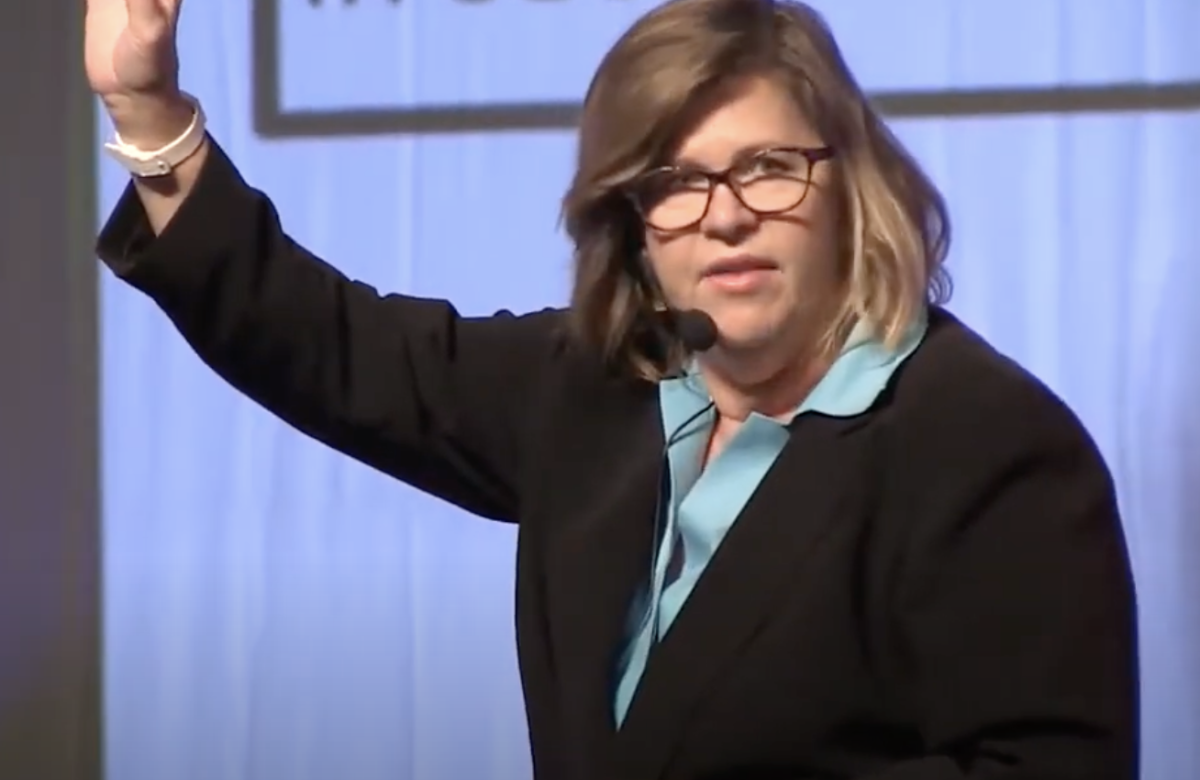Renee Hobbs and otther members of the Media Education Lab team offer programs, workshops and consulting on topics including:
-
 AI in the Classroom
AI in the Classroom - Disinformation in an Age of Algorithms
- Preventing Violent Extremism: The Role of Media Literacy and Active Listening
- Confronting Contemporary Propaganda
- Digital Literacy Matters
- Making Media with a Cell Phone
- Teaching the Conspiracies
- What Happens to Truth in a Post-Truth World
- Understanding Fake News: Focus on the New Economics of Online Media
- Create to Learn: Digital Authorship Matters
- Copyright Clarity: How Fair Use Supports Digital Learning
- 12 Flavors of Digital Literacy
- The Blurring of Art, Journalism & Advocacy: Understanding Contemporary Propaganda in a Digital Age
- Digital Literacy in K-6 Urban Education
- How Teacher Motivations for Digital Learning Shape Instructional Practice
- Designing Effective Approaches to Professional Development in Digital Literacy
- Linking the Literacies: Critical Media Analysis and Reading Comprehension
- When Everyone's an Author: Implications for Students, Educators, Librarians and Technology Specialists
- Why News Matters: Bringing Current Events into the Classroom
Contact Renee Hobbs via email (hobbs@uri.edu) or text (978 201-9799) to learn more about program fees, scheduling, and other information.
Education keywords
Media keywords
Topics
Population